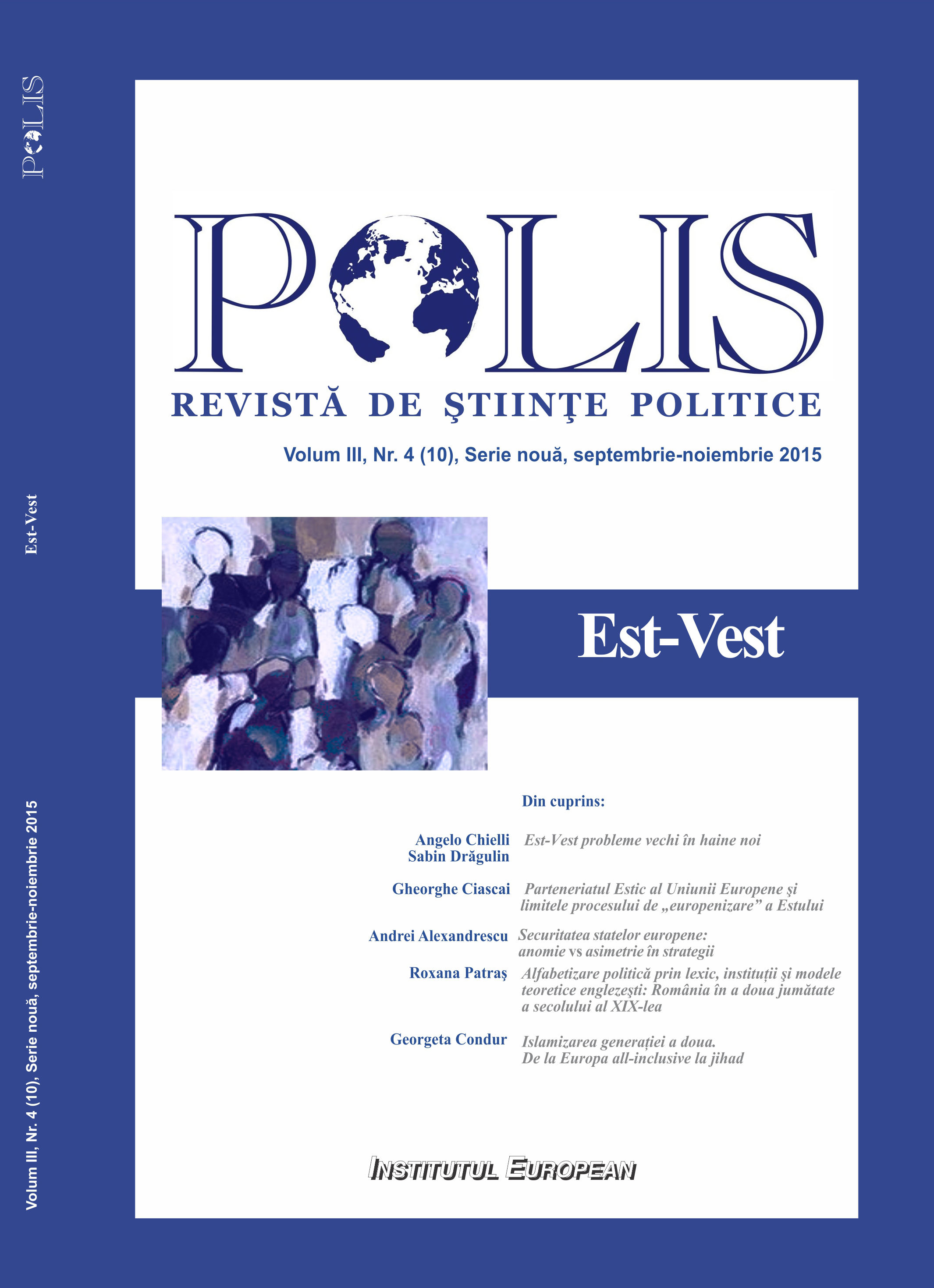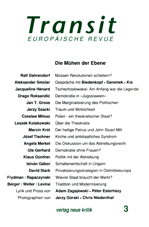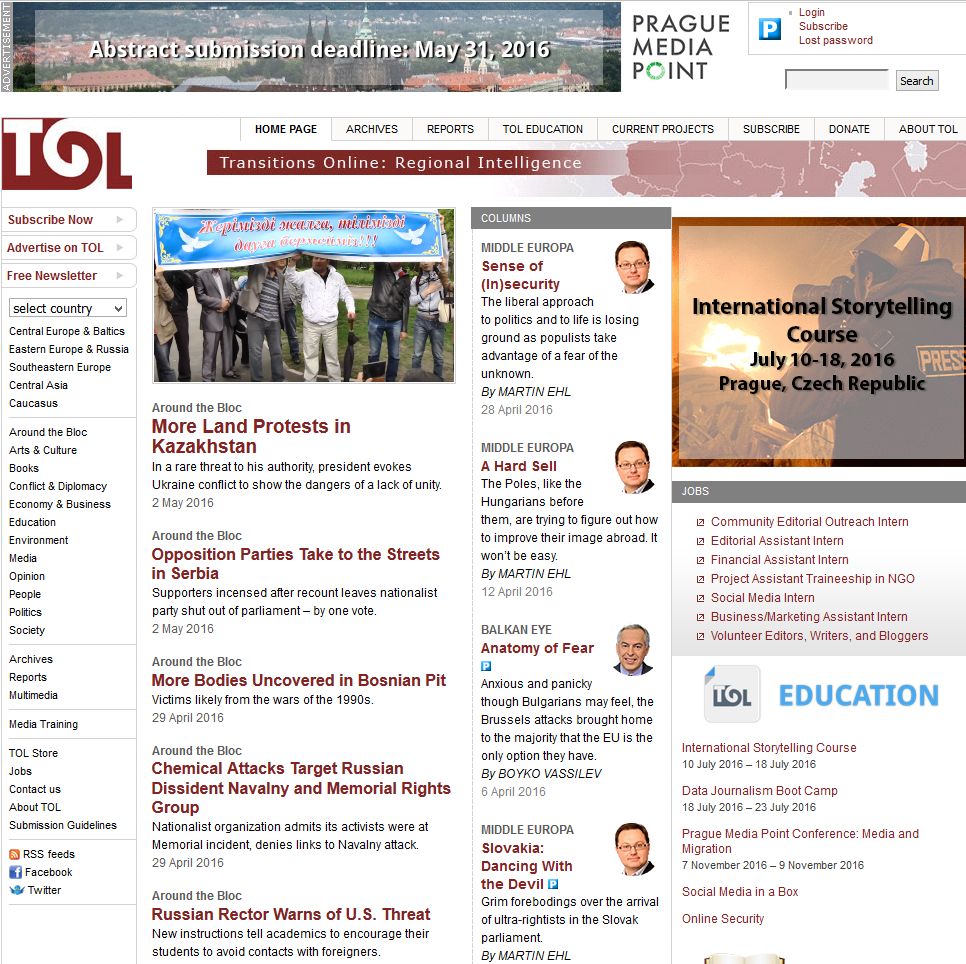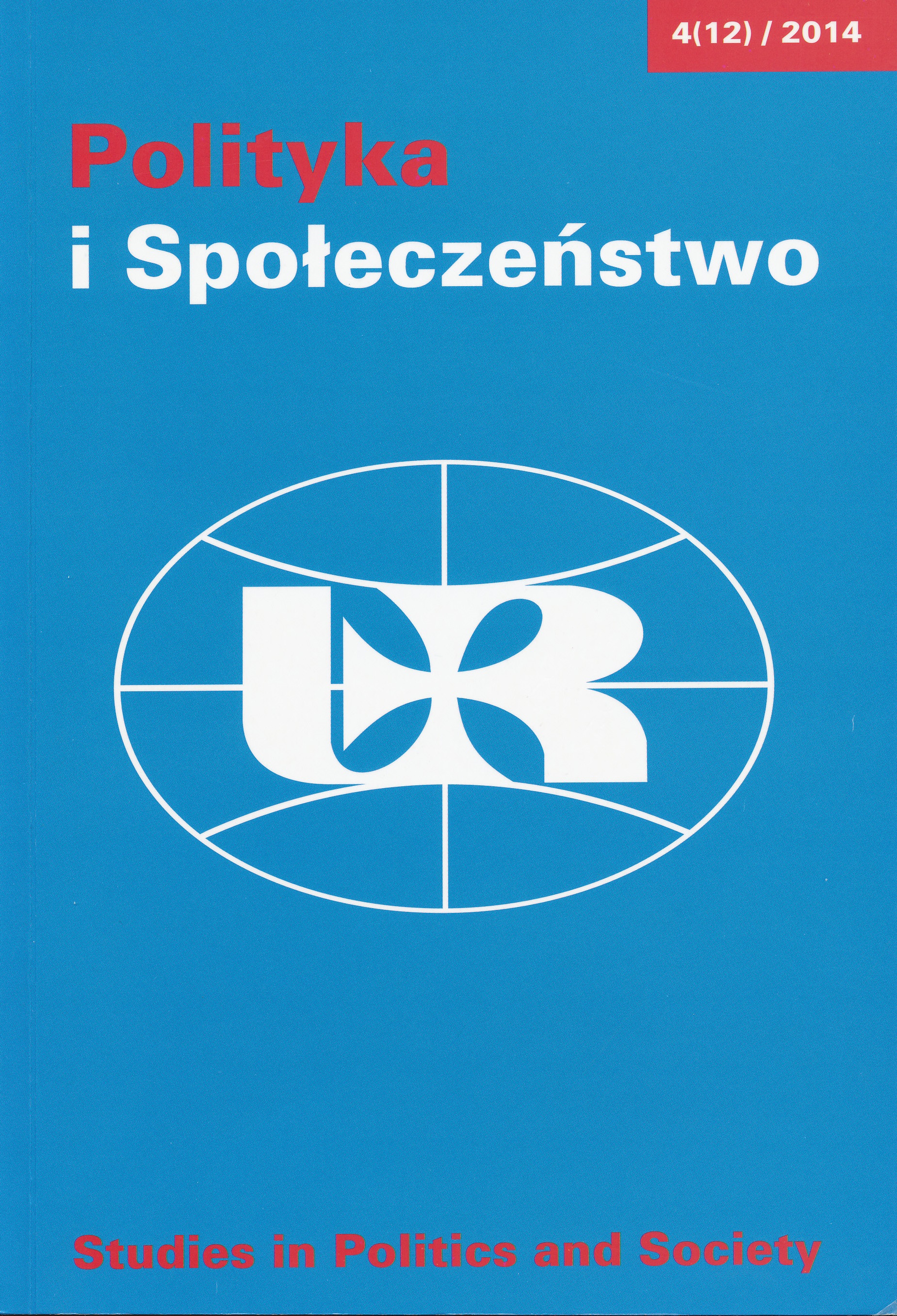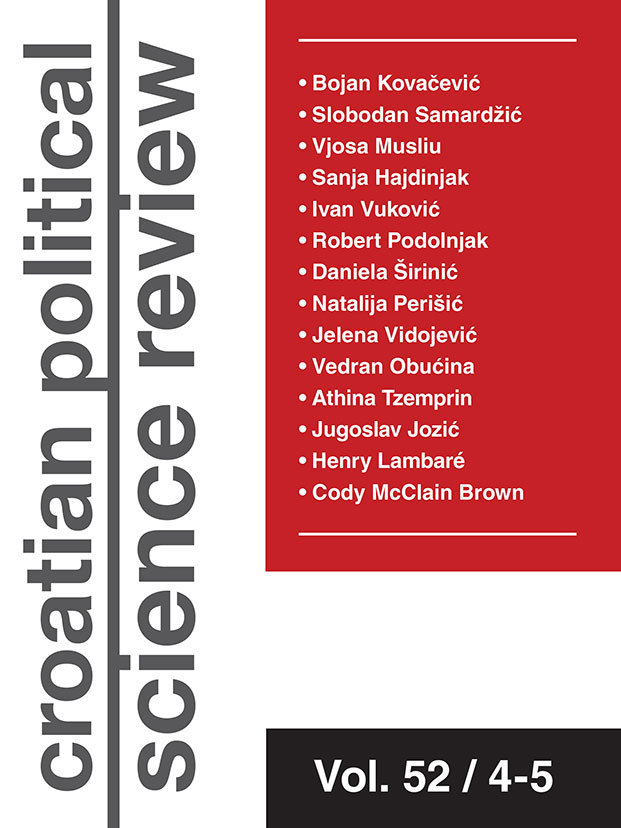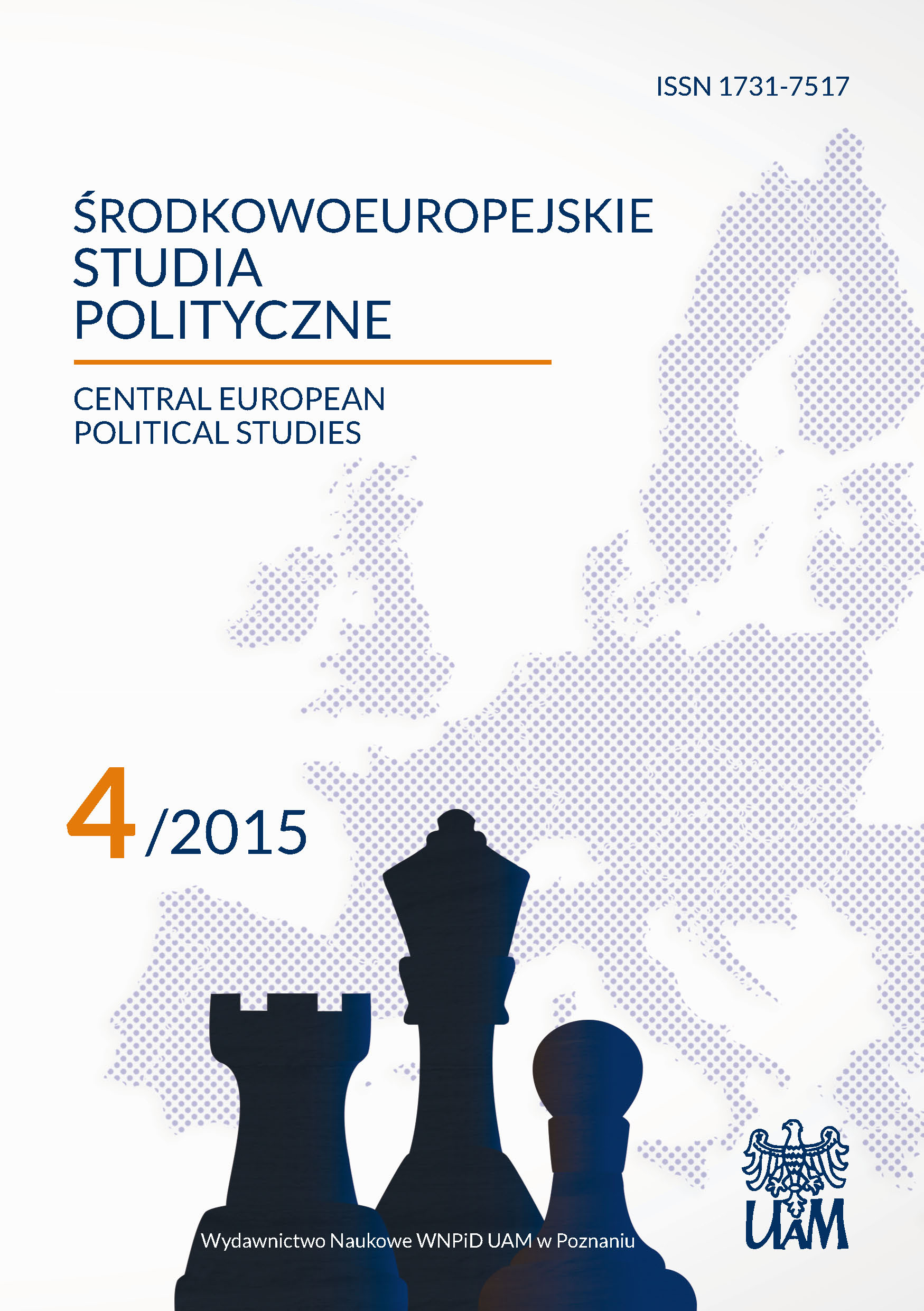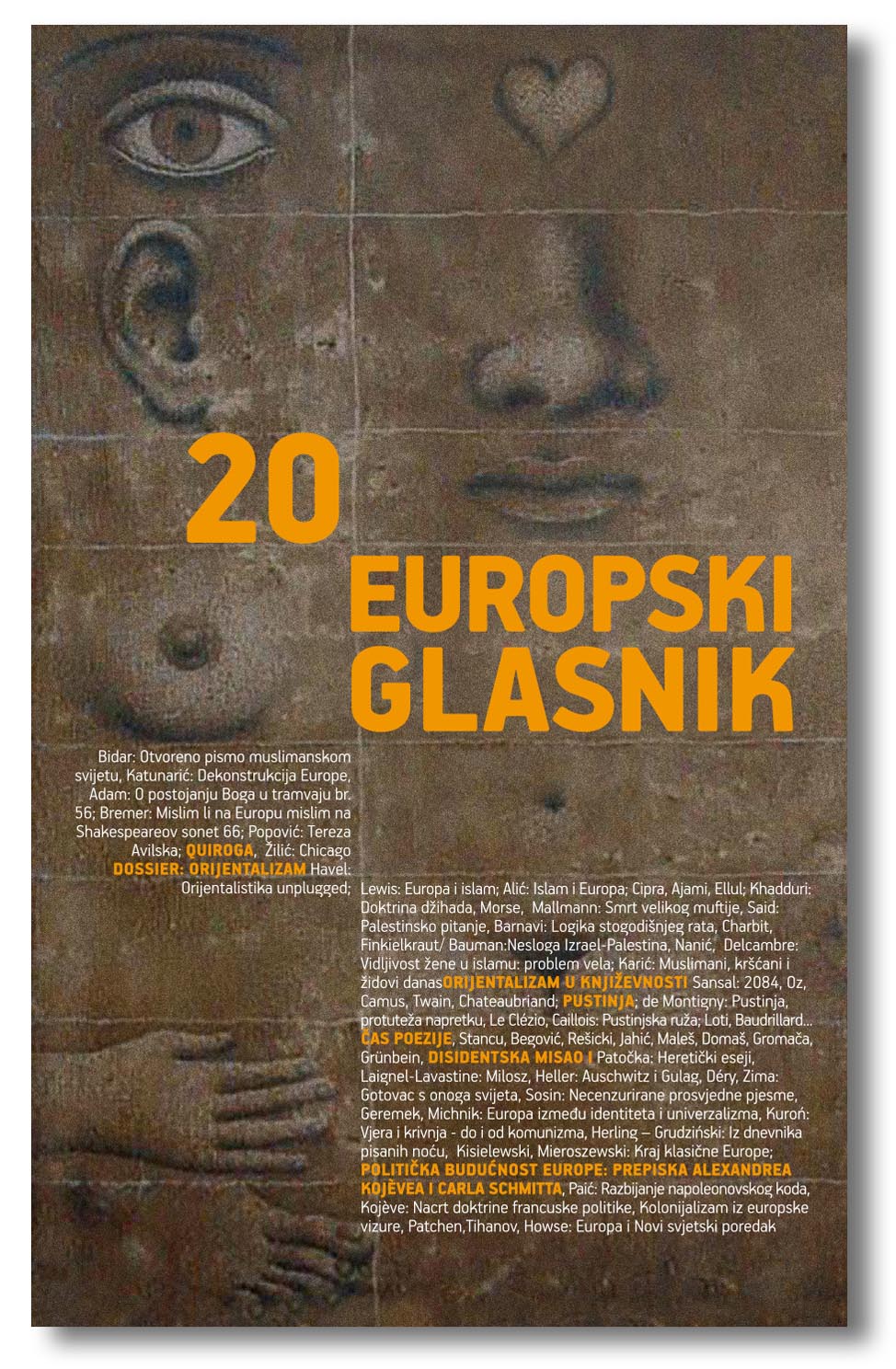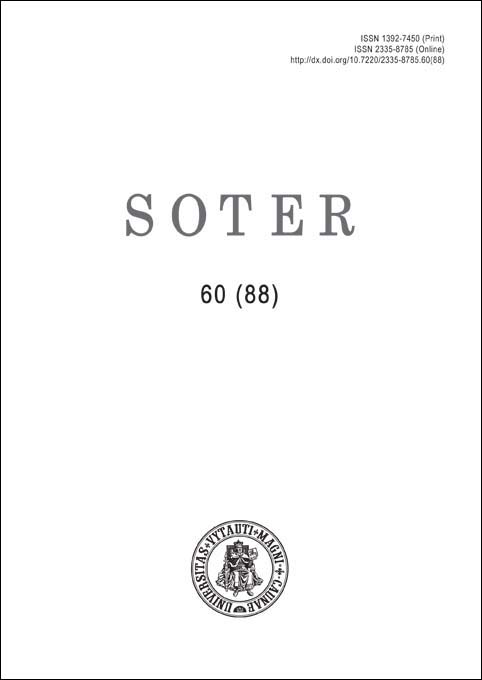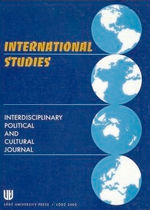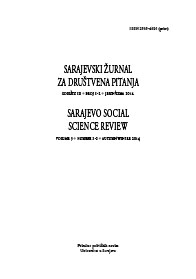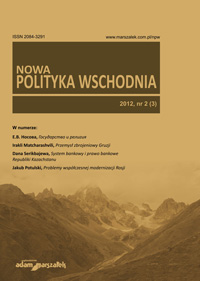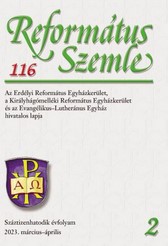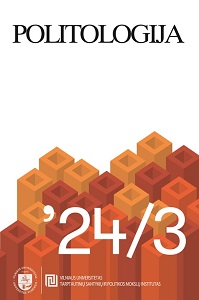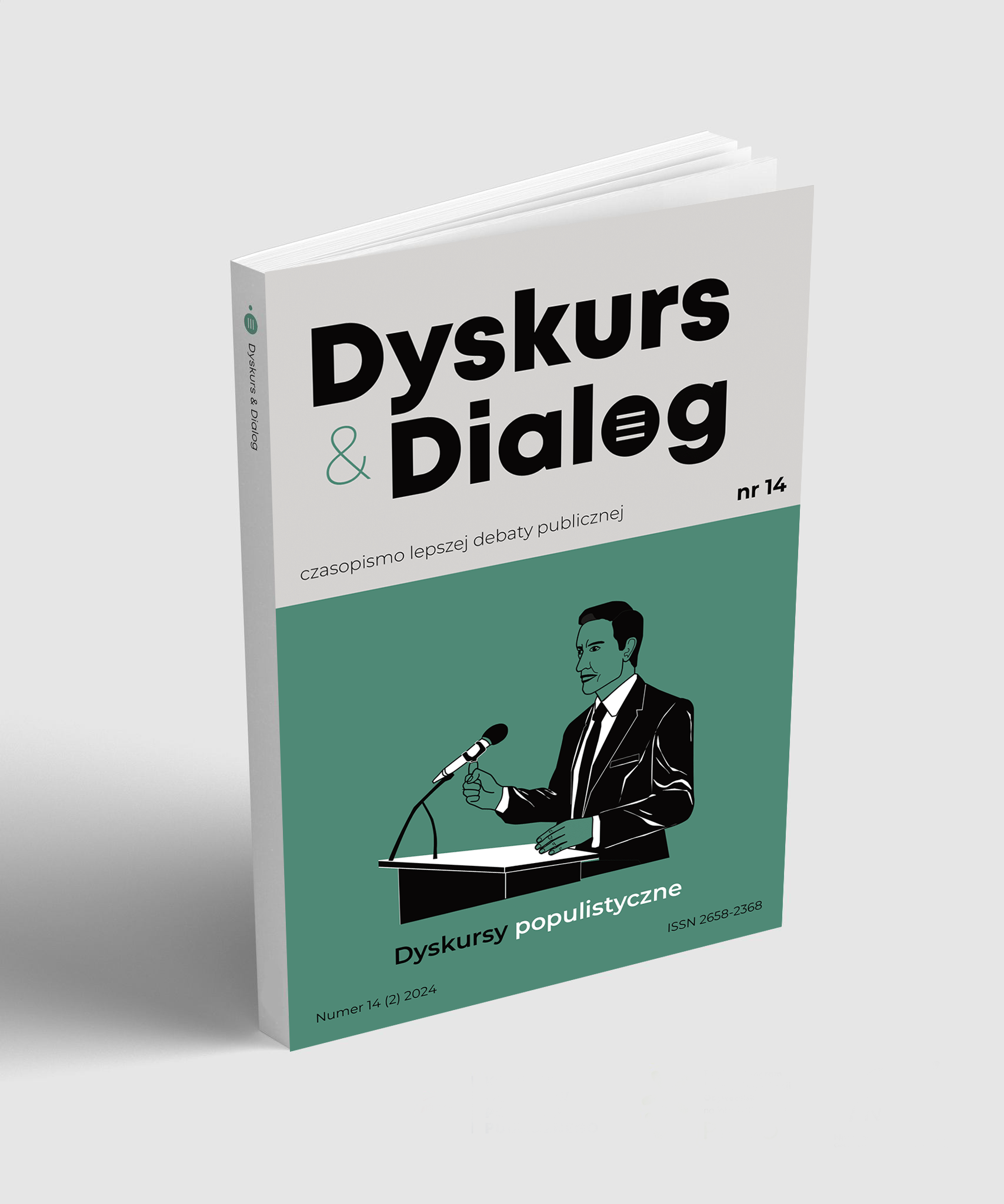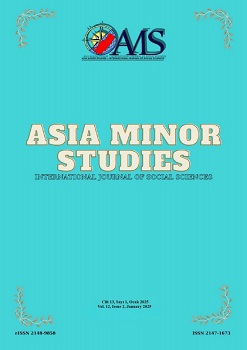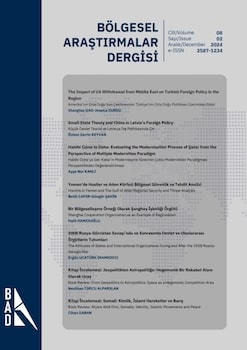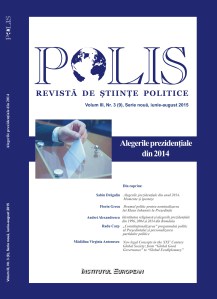
Identitatea religioasă şi alegerile prezidenţiale din 1996, 2004 şi 2014 din România
The current study assesses the role played by the references to the national and Orthodox identity in Romanian presidential election campaigns of 1996, 2004 and 2014. The working hypothesis, validated during the research, was that, when some of the candidates assumed a certain political identity which included the Orthodox religious dimension and support for certain issues on the agenda of the official church, the balance of popular vote didn’t change decisively.
More...
